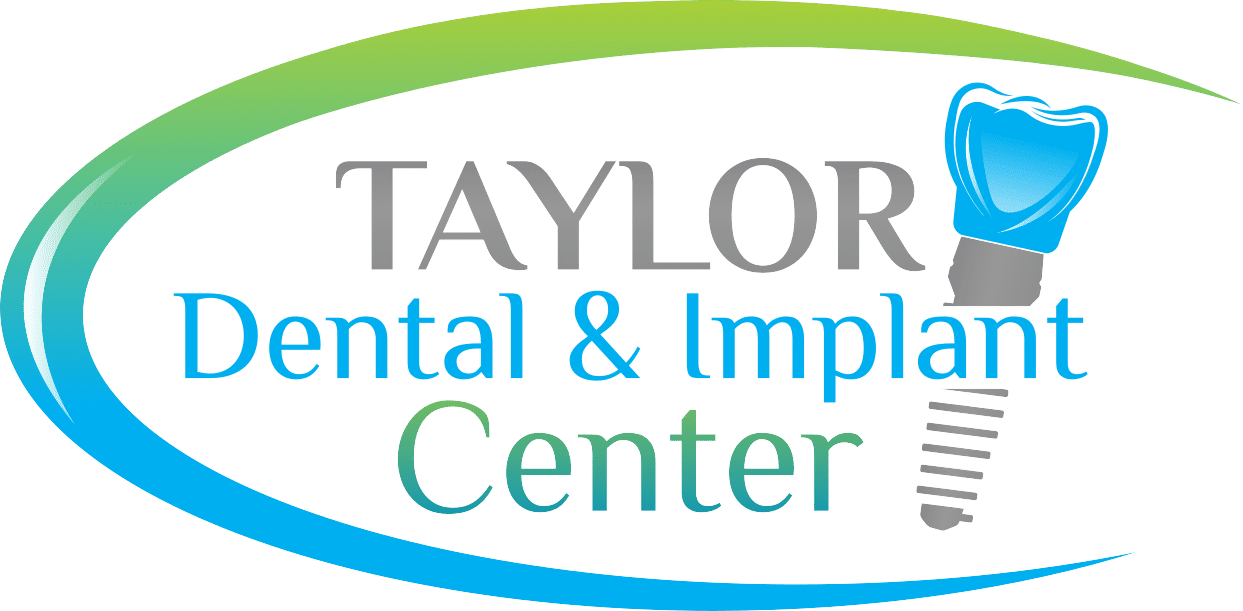Regular dental visits are one of the most important investments you can make in your family’s health, but many people wonder about the right frequency for checkups. While the standard recommendation is every six months, the truth is that optimal family dental care schedules can vary based on individual needs, age, and risk factors.
Understanding when each family member should see the dentist helps you maintain healthy smiles while catching potential problems before they become expensive emergencies. Let’s explore the recommended schedules for different ages and why consistent dental care matters for your entire family.
General Recommendations for Dental Visits
The American Dental Association recommends that most people visit the dentist every six months for routine cleanings and checkups. This timeline allows dental professionals to monitor your oral health, remove plaque and tartar buildup, and identify issues in their earliest stages.
However, some individuals may need more frequent visits based on their risk factors. People with gum disease, a history of cavities, diabetes, or immune system issues might benefit from quarterly visits. Conversely, those with excellent oral health and low risk factors might be able to extend visits to once per year, though this should always be determined in consultation with our dentist.
Our dental team at Taylor Dental and Implant Center can assess your family’s specific needs and recommend the most appropriate schedule for each member.
Family Dental Care by Age Group
Children’s Dental Care
Children should have their first dental visit by age one or within six months of their first tooth appearing. After the initial visit, most children benefit from checkups every six months.
Regular pediatric dental care helps establish good oral hygiene habits early and allows dentists to monitor proper tooth development. These visits also help children become comfortable with dental care, reducing anxiety about future appointments.
School-age children especially benefit from consistent checkups as they lose baby teeth and permanent teeth emerge. Our dentist can identify spacing issues, monitor bite development, and determine if orthodontic treatment might be needed in the future.
Adult Dental Care
Most adults should maintain the standard six-month checkup schedule. These visits become increasingly important as adults face higher risks for gum disease, tooth wear, and other oral health challenges related to lifestyle factors and aging.
Adults with busy schedules often postpone dental care, but regular visits actually save time and money by preventing complex problems that require extensive treatment. Routine cleanings remove hardened plaque that home brushing can’t eliminate, helping prevent cavities and gum disease.
Senior Dental Care
Seniors may need more frequent dental visits due to age-related changes in oral health. Dry mouth from medications, gum recession, and increased cavity risk make regular monitoring crucial for older adults.
Many seniors also have dental work like crowns, bridges, or dentures that require regular evaluation and maintenance. Our dentist can assess these restorations and recommend adjustments or replacements as needed to maintain comfort and function.
Why Regular Checkups Matter
Preventive dental care offers significant advantages over reactive treatment. Regular checkups allow our dentist to identify small cavities before they require crowns or root canals, spot early signs of gum disease before tooth loss occurs, and screen for oral cancer and other serious conditions.
Professional cleanings remove bacteria-laden plaque and tartar that contribute to both dental problems and systemic health issues. Research links poor oral health to heart disease, diabetes complications, and other medical conditions, making dental care an important part of overall family wellness.
Early detection also means less invasive and less expensive treatments. A small filling costs significantly less than a root canal and crown, while early gum disease treatment prevents the need for costly periodontal surgery.
What Happens During Routine Checkups
Regular dental visits typically include professional cleaning, comprehensive examination, and preventive treatments as needed. Our hygienist will remove plaque and tartar, polish your teeth, and may apply fluoride treatments for added protection.
The dentist will examine your teeth, gums, and soft tissues, looking for signs of decay, disease, or other concerns. Digital X-rays may be taken periodically to check for problems not visible during the visual exam, such as cavities between teeth or issues below the gum line.
Tips for Busy Families
Managing family dental care requires some planning, but these strategies can help streamline the process:
Schedule appointments for the whole family on the same day or consecutive appointments to minimize trips to the office. Many dental practices offer family scheduling to make this easier.
Keep track of when each family member needs their next visit by marking calendars or setting phone reminders six months in advance. Some practices offer appointment reminder services to help you stay on schedule.
Take advantage of insurance benefits by understanding your coverage and scheduling appointments before benefits expire at year-end. Most dental insurance plans cover preventive care at 100%, making regular checkups very affordable.
Prepare school and sports forms in advance if your children need dental clearances. Discuss these requirements with our dental team so they can provide the necessary documentation promptly.
Protecting Your Family’s Smiles
Consistent family dental care creates a foundation for lifelong oral health. By establishing appropriate visit schedules for each family member and maintaining regular checkups, you’re investing in prevention rather than costly treatments down the road.
At Taylor Dental and Implant Center in Oklahoma City, we understand that every family has unique needs and schedules. Our team works with you to develop personalized care plans that keep everyone’s smiles healthy and bright. Contact us today to schedule your family’s next appointments and take the first step toward optimal oral health.


